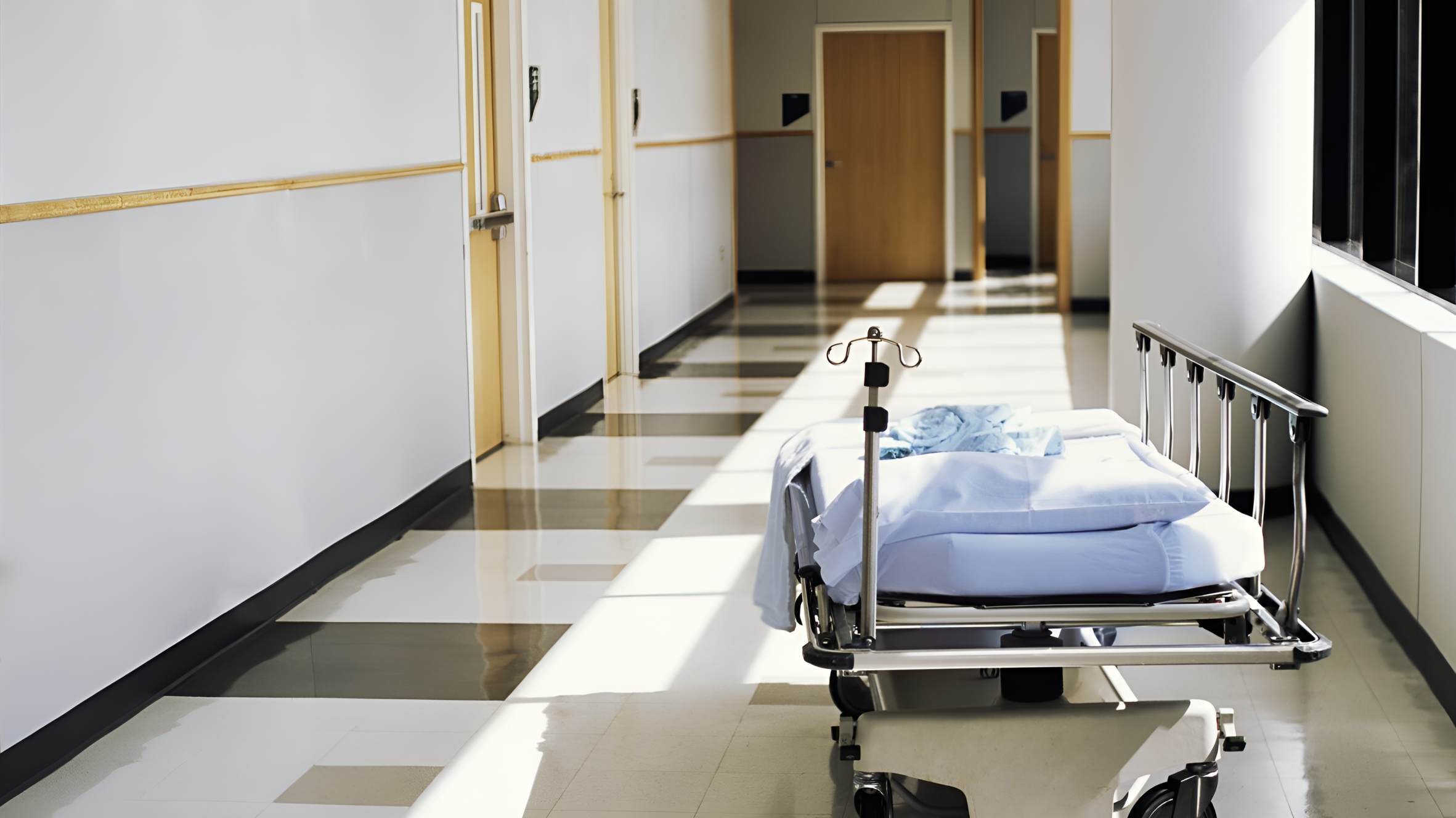Kenya grapples with rising syphilis and hepatitis B infections, report shows

The data shows that by 2024, 16% of reported syphilis cases were among women, most of whom were diagnosed during antenatal care visits.
Kenya is facing a growing health challenge as syphilis and hepatitis B infections rise across the country, with new data exposing critical gaps in testing, treatment, and awareness particularly among women and expectant mothers.
A recent report by the National AIDS and STIs Control Programme (NASCOP) in partnership with UNAIDS, titled “Triple Elimination: Private Health Sector and Professional Association,” highlights that roughly 1.8% of Kenyans tested positive for syphilis in 2022. However, only a fraction of those infected sought treatment.
The data shows that by 2024, 16% of reported syphilis cases were among women, most of whom were diagnosed during antenatal care visits. Yet only 9% of them received medical attention. The gap is attributed to a nationwide shortage of diagnostic kits, which has significantly limited early detection and effective intervention.
“We’re struggling with syphilis screening due to insufficient testing supplies,” noted Frankline Sangok from NASCOP, speaking during the release of the preliminary findings.
Counties such as Laikipia, Nyeri, Nakuru, Uasin Gishu, and Makueni are leading in testing efforts. The infection typically begins with a painless sore and, if untreated, progresses to more serious symptoms like rashes (especially on palms and soles), swollen lymph nodes, fever, and general flu-like symptoms. Left untreated in pregnant women, syphilis can be passed to unborn children, resulting in congenital syphilis, a major concern globally.
The report also reveals that Kenya recorded over 1.7 million pregnancies in 2024, with 1.46 million women attending antenatal clinics where syphilis, HIV, and hepatitis screening is recommended. Globally, at least eight million people were diagnosed with syphilis in 2022, including 700,000 newborns infected during pregnancy.
In addition to the syphilis burden, the country is also grappling with hepatitis B, with a national prevalence rate of about 3%. Baringo County ranks highest, with an infection rate of 12%, followed by Migori and Turkana.
Dr. Nazila Ganatra, head of the Viral Hepatitis and STIs Division at NASCOP, identified stigma and low public awareness as significant barriers to prevention and care. “Many people either don’t know they’re infected or are too afraid to seek help due to the stigma attached,” she explained.
Hepatitis, an inflammation of the liver, can manifest through symptoms such as fatigue, abdominal pain, dark urine, loss of appetite, and vomiting. If ignored, it can lead to severe health complications, including liver damage, kidney failure, and even death. However, with proper treatment using antiviral drugs like tenofovir and lamivudine, the disease can be managed effectively.
NASCOP estimates that around 1.9 million Kenyans are living with hepatitis B or C, with the majority approximately 1.56 million infected with hepatitis B. According to the 2018 Kenya Population-based HIV Impact Assessment (KENPHIA), hepatitis B affects 3% of the general population and 4.7% of people living with HIV.
Efforts are now underway to scale up awareness and improve screening and treatment nationwide. A newly established unit within the Ministry of Health is focused on eliminating mother-to-child transmission by ensuring that pregnant women are routinely screened for syphilis, HIV, and hepatitis during ANC visits.
“We aim to enhance awareness because both syphilis and hepatitis are preventable and treatable,” said Dr. Ganatra. She added that building stronger public-private partnerships is key to securing resources and improving data collection for planning and service delivery.
LVCT Health’s Patrick Oyaro echoed the importance of reliable data in driving health interventions. “Without accurate information, you can’t plan or procure properly,” he said.
The ministry is now calling on private healthcare providers to support the effort by mobilizing resources and reporting accurate data to ensure better policy decisions, especially as external donor support continues to dwindle.
With infections on the rise and treatment gaps persisting, health officials stress that a coordinated national response—rooted in awareness, accessibility, and accountability is urgently needed to reverse the tide.
